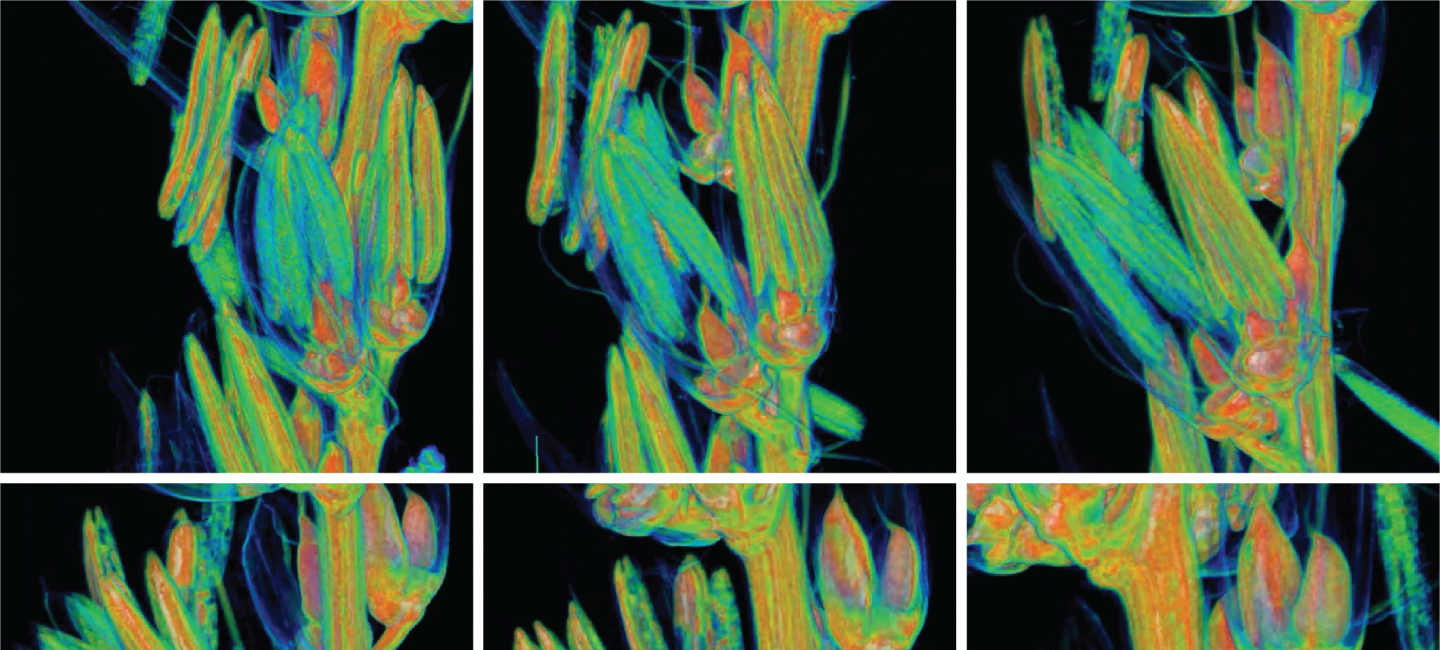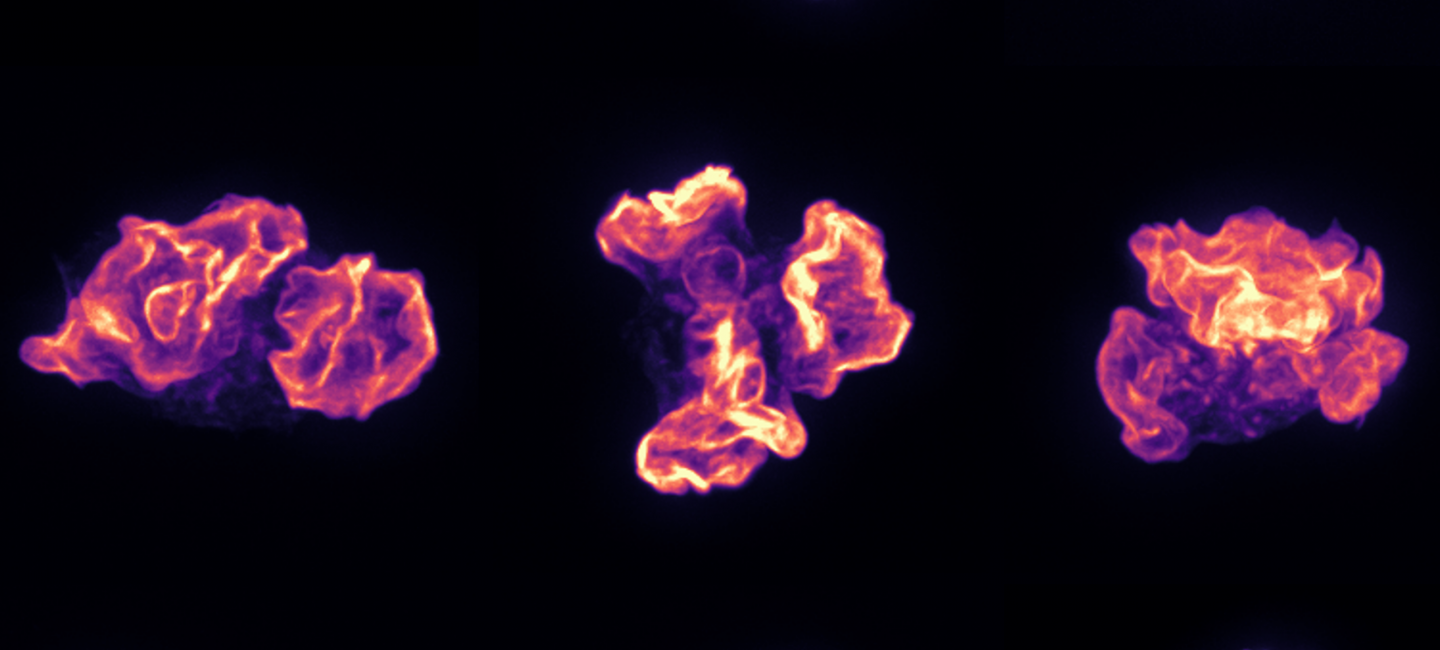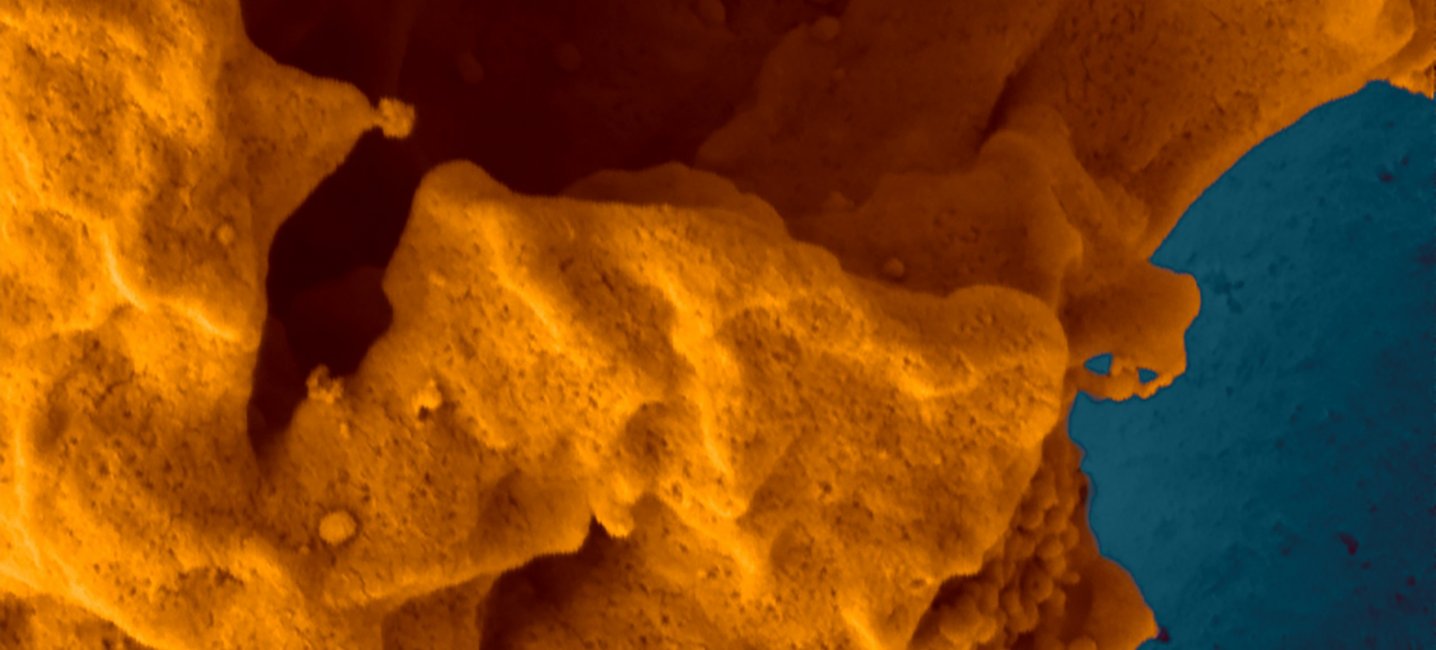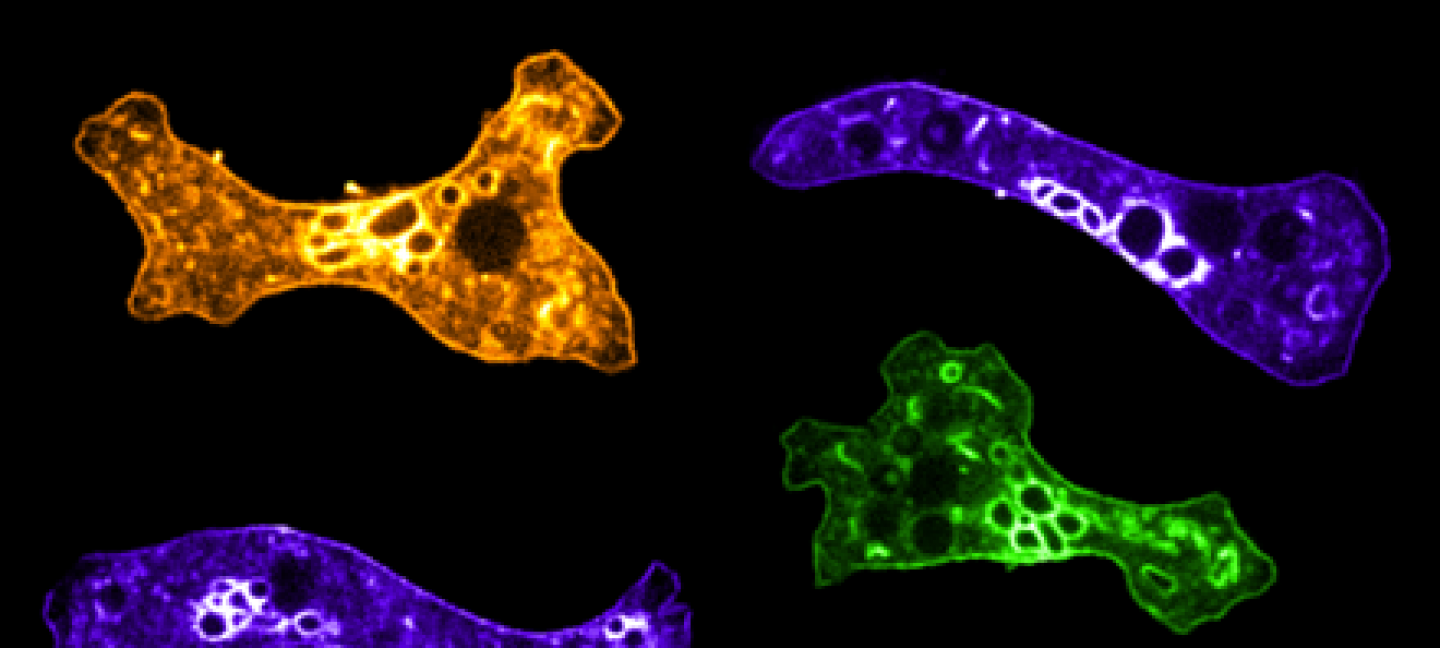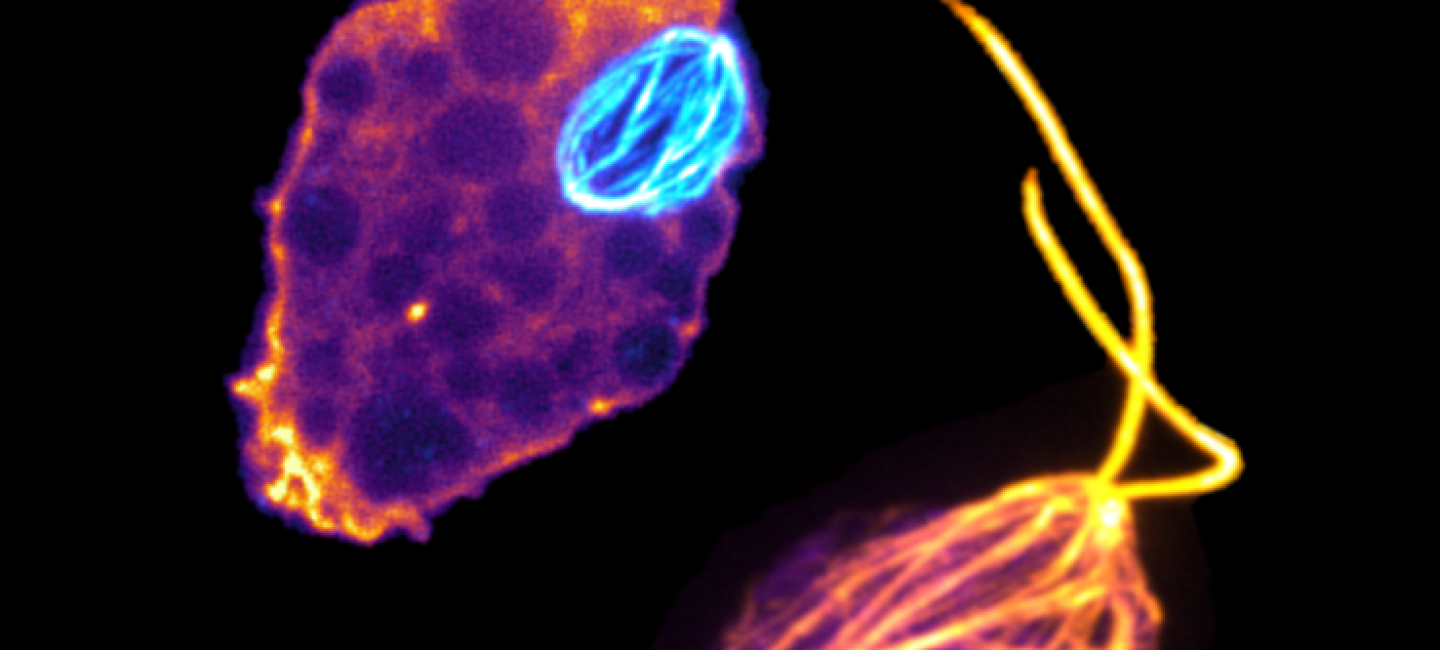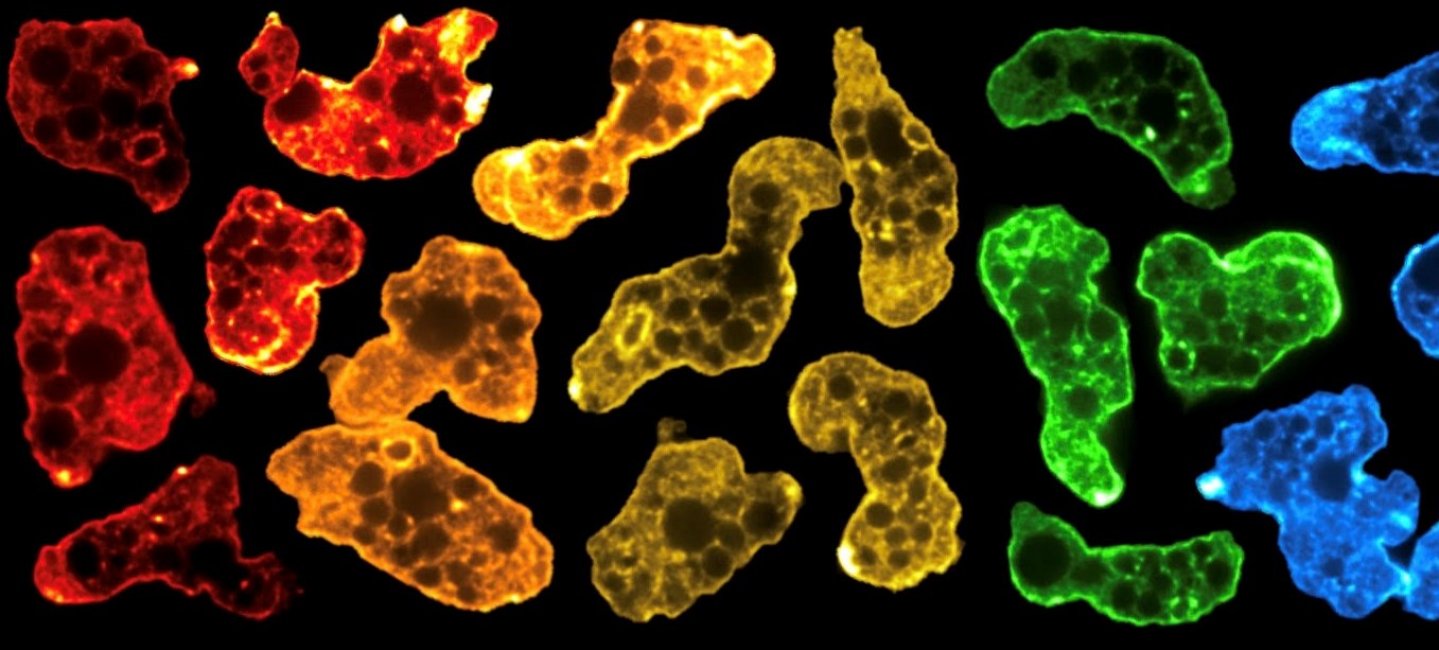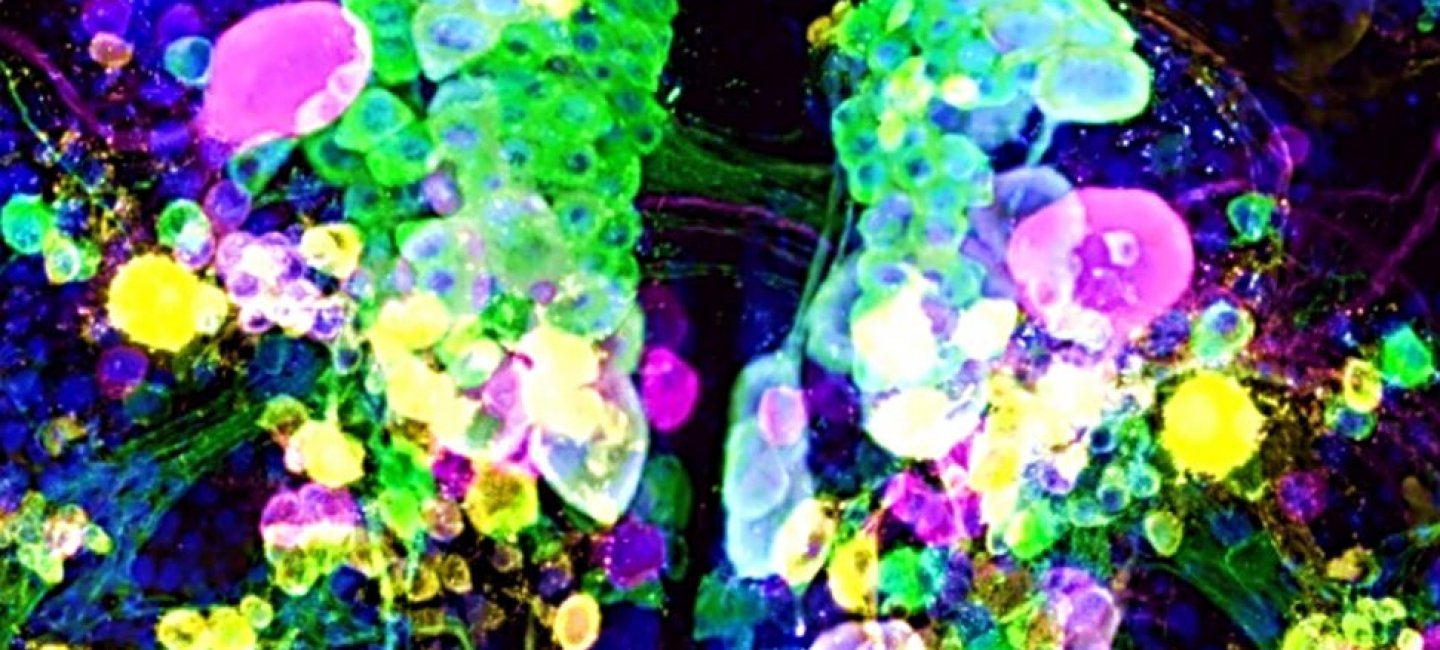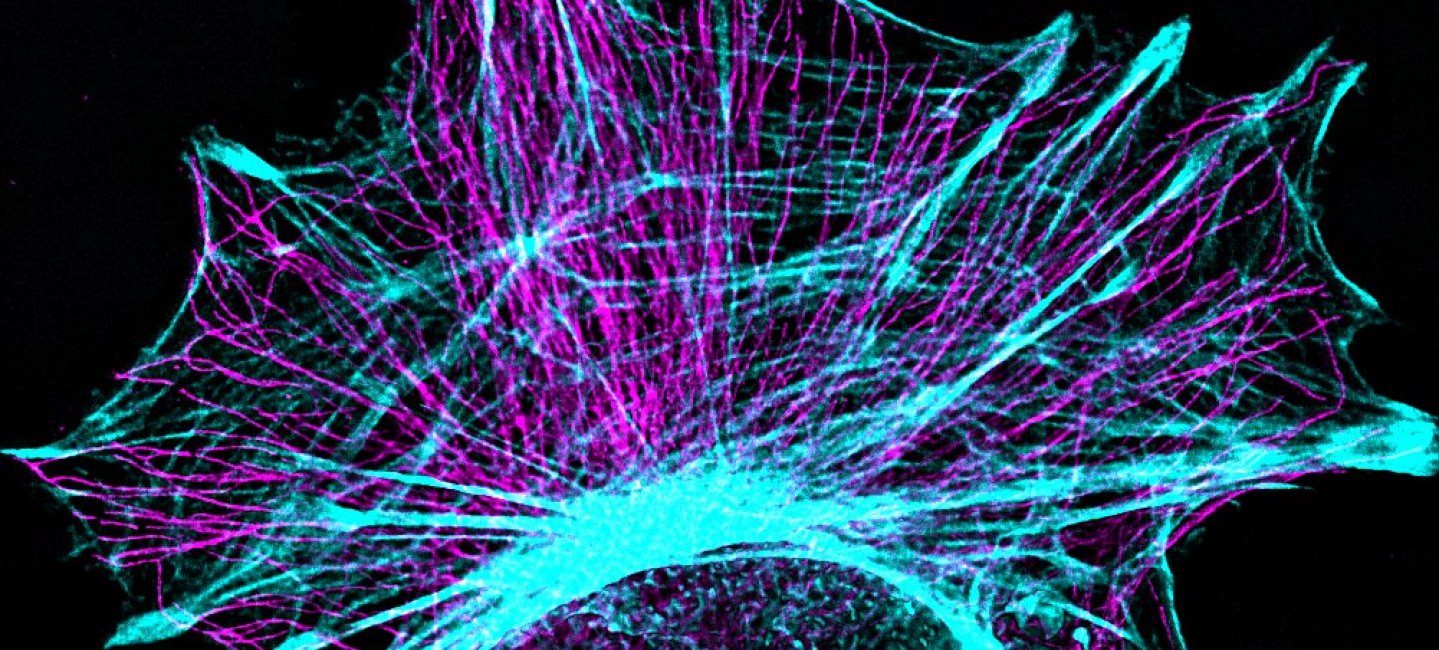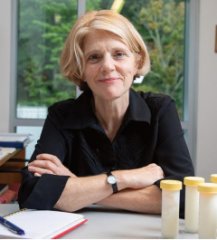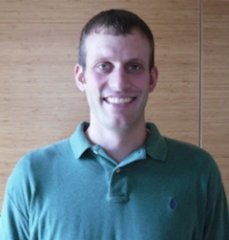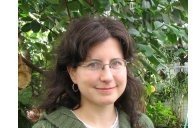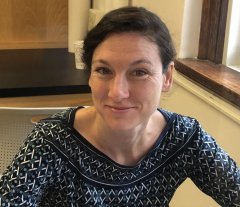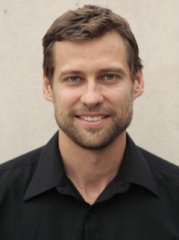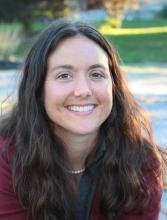News & Announcements
Kathleen Arcaro Aims to Develop New Screening for BRCA-Positive Breastfeeding Women
Kathleen Arcaro Aims to Develop New Screening for BRCA-Positive Breastfeeding Women
Breastfeeding women with a pathogenic BRCA1 or BRCA2 genetic mutation face a significant risk, even at a young age, of breast and ovarian cancer. Yet no fully effective breast cancer screening method exists for nursing mothers in this high-risk group, some of whom are diagnosed after the disease has spread, possibly becoming fatally metastatic.
University of Massachusetts Amherst cancer researchers hope to change that by developing a new, noninvasive test that uses women’s breast milk to detect breast cancer in its earliest stages. New mothers, and to a greater extent those with a BRCA mutation, face an increased risk of pregnancy-associated breast cancer (PABC), which is often aggressive, for about a decade postpartum. “This could eliminate the risk of metastasis-associated mortality related to postpartum, pregnancy-associated breast cancer in women with the BRCA mutation,” says lead investigator Kathleen Arcaro, professor of veterinary and animal sciences in the College of Natural Sciences, whose UMass Breastmilk Lab develops tools to assess breast cancer risk. “We also hope to better understand breast tumor development and progression in these at-risk women.”
Supported by an $718,000 grant from the Department of Defense’s Breast Cancer Research Program, Arcaro and lab colleague Brian Pentecost, UMass Amherst research associate, will conduct a national study of breastfeeding women who have tested positive for the inherited BRCA1 or BRCA2 mutation. A control group of breastfeeding women with neither a BRCA mutation nor multiple close relatives with breast cancer is also being recruited. Read more
Nils Pilotte PhD Dissertation Defense
Nils Pilotte PhD Dissertation Defense
Wednesday, February 19, 2020
2:00 PM
Life Sciences Laboratory, Room N610
Dissertation Title: “Improved Molecular Diagnostics for Soil-Transmitted Helminths”
Advisor: Steve Williams
UMass Amherst Researchers Identify New Mechanism Involved in Promoting Breast Cancer
UMass Amherst Researchers Identify New Mechanism Involved in Promoting Breast Cancer
A new approach to studying the effects of two common chemicals used in cosmetics and sunscreens found they can cause DNA damage in breast cells at surprisingly low concentrations, while the same dose did not harm cells without estrogen receptors.
The research, published Jan. 15 in Environmental Health Perspectives, identifies a new mechanism by which estrogens and xenoestrogens – environmental chemicals that act like estrogens – may promote breast cancer, says breast cancer researcher D. Joseph Jerry, professor of veterinary and animal sciences at the University of Massachusetts Amherst. Jerry also serves as science director of the Pioneer Valley Life Sciences Institute and co-director of the Rays of Hope Center for Breast Cancer Research in a partnership between UMass Amherst and Baystate Medical Center. Read more
Kirk MacKinnon and Jacob Maman receive Lotta Crabtree Fellowships
Kirk MacKinnon and Jacob Maman receive Lotta Crabtree Fellowships
Congratulations to Kirk MacKinnon (Hazen lab) and Jacob Maman (Ma lab), recipients of the Lotta M. Crabtree Fellowship in Production Agriculture! This award is a reflection of their hard work and academic achievement, and will support their research for the spring semester.
Research Team Traces Evolution of the Domesticated Tomato
Research Team Traces Evolution of the Domesticated Tomato
In a new paper, a team of evolutionary biologists and geneticists led by senior author associate professor Ana Caicedo, with first author Hamid Razifard at the University of Massachusetts Amherst, and others, report that they have identified missing links in the tomato’s evolution from a wild blueberry-sized fruit in South America to the larger modern tomato of today. Details appear in an Advanced Access edition of Molecular Biology and Evolution. Read more
Foundation Supports New Work on Brain-eating Amoeba
Foundation Supports New Work on Brain-eating Amoeba
Evolutionary cell biologist Lillian Fritz-Laylin, biology, recently was granted a three-year, $300,000 Smith Family Award for Excellence in Biomedical Research to support her research on the pathogenesis of the brain-eating amoeba Naegleria fowleri. For 28 years, the Smith Family Foundation has supported full-time faculty biomedical researchers at nonprofit academic, medical or research institutions in Massachusetts, at Brown University or at Yale University. Its mission is “to launch the careers of newly independent biomedical researchers with the ultimate goal of achieving medical breakthroughs.” Read more
The Slow Burn of Flame Retardants: Perinatal Exposure Alters Liver Epigenome, Predisposing Rats to Metabolic Disease
The Slow Burn of Flame Retardants: Perinatal Exposure Alters Liver Epigenome, Predisposing Rats to Metabolic Disease
Studies have shown that perinatal exposure of rats and mice to common flame retardants found in household items permanently reprograms liver metabolism, often leading later in life to insulin resistance and non-alcoholic fatty liver disease.
Now, research led by University of Massachusetts Amherst environmental toxicologist Alexander Suvorov, with co-authors in Moscow, Russia, has identified the likely mechanism responsible for the pollutant’s effect: an altered liver epigenome. The epigenome refers to heritable changes in gene expression without changes in the DNA sequence. “Changes in the liver epigenome can explain those functional changes in the liver,” Suvorov explains. “We looked at two different epigenetic mechanisms and there were changes in both.” These findings were published Dec. 13 in the medical journal Epigenomics. Read more
Pilsner Interviewed for “Environmental Health Chats” Podcast
Pilsner Interviewed for “Environmental Health Chats” Podcast
Richard Pilsner, associate professor of environmental health sciences, was recently interviewed for the National Institute of Environmental Health Sciences’ podcast series “Environmental Health Chats.” The series explores how environmental exposures affect our health, with each episode highlighting ways researchers work in partnership with community groups to understand and address environmental health issues. Read more
Shelly Peyton Elected a Fellow of the American Institute for Medical and Biological Engineering
Shelly Peyton Elected a Fellow of the American Institute for Medical and Biological Engineering
Shelly Peyton, associate professor of chemical engineering, has been elected to the College of Fellows of the American Institute for Medical and Biological Engineering (AIMBE). The college is made up of 2,000 members, the top 2% of the medical and biological engineering community, who are outstanding bioengineers in academia, industry, clinical practice and government.
AIMBE is a Washington, D.C.-based non-profit organization that represents the most accomplished individuals in the fields of medical and biological engineering. “As chair of AIMBE’s College of Fellows, I oversee the nomination, review and election process,” says Paul Citron. “I can say without any hesitation the Class of 2020 is truly remarkable. This year AIMBE received the largest number of nominations - all of which were qualified candidates.”
Peyton is the head of the Peyton Research Group. She says, “We are several women and men, engineers, and biologists, and our mission is to learn how cells process information from their chemical and physical tissue environment.” Read more
Ten UMass Amherst Researchers Recognized Among World’s Most Highly Cited Scientists
Ten UMass Amherst Researchers Recognized Among World’s Most Highly Cited Scientists
Ten researchers at the University of Massachusetts Amherst have been recognized for being among the world’s most highly cited researchers in 2019 by London-based Clarivate Analytics, owner of the Web of Science. Now in its sixth year, the citation analysis identifies influential researchers as determined by their peers around the world. They have consistently won recognition in the form of high citation counts over a decade. These scientists are judged to be influential, and their citation records are seen as “a mark of exceptional impact,” the company says.
The ten UMass Amherst researchers recognized on the 2019 list are Catrine Tudor-Locke and Laura Vandenberg of the School of Public Health and Health Sciences, food scientists David Julian McClements, Eric Decker and Hang Xiao, microbiologist Kelly Nevin and Derek Lovley, materials scientist Thomas Russell and chemist Vincent Rotello in the College of Natural Sciences, and environmental chemist Baoshan Xing of the Stockbridge School of Agriculture. Read more
